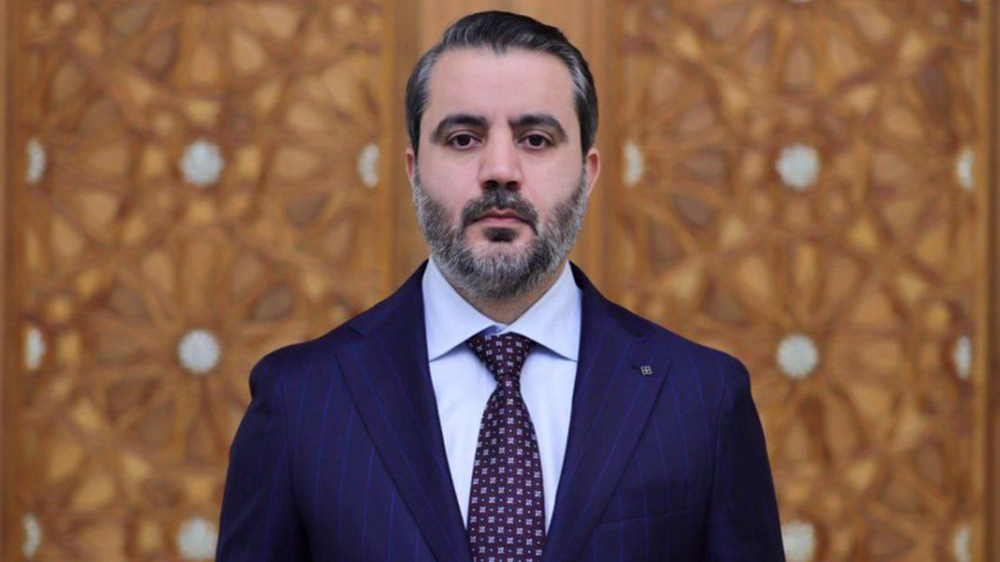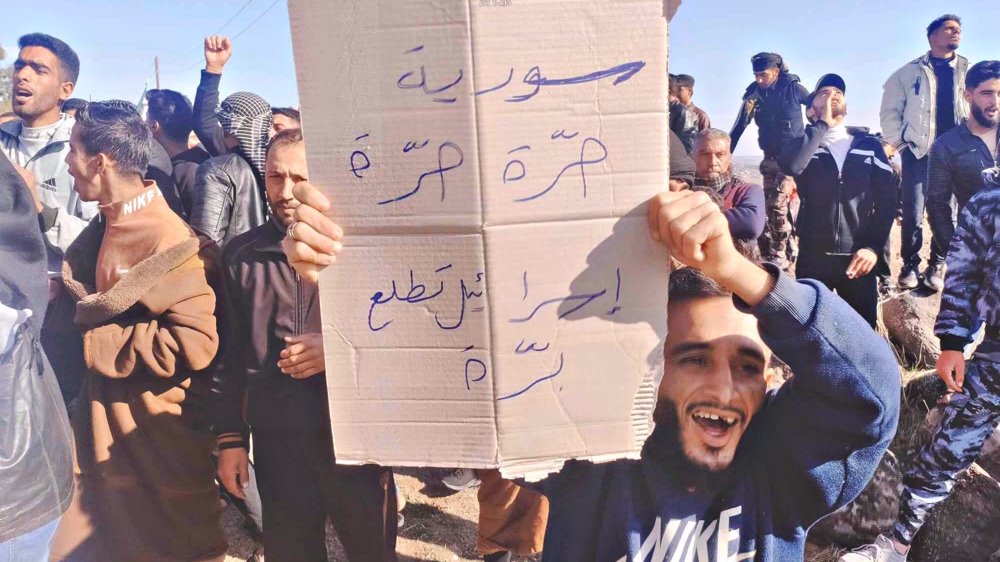Syrians vote in parliamentary elections as war winds down
Syrians have gone to the polls to elect a new parliament and put bitter years of war behind them, even as the country strives to liberate territories still controlled by foreign-backed militants.
More than 7,400 polling stations opened at 7:30 a.m. local time (0430 GMT) on Sunday, including in former militant strongholds of Eastern Ghouta, east of central Damascus, and the southern countryside of the northwestern Idlib province.

Portraits of the 1,658 contenders have been displayed across the capital for weeks, including several prominent businessmen.

Many candidates are running on a platform to curb inflation and renovate the infrastructure ravaged by nine years of conflict.

"Lawmakers are going to have to make exceptional efforts to improve services," said Umaya, a 31-year-old woman who works in a dentist's practice.

President Bashar al-Assad's Baath party and his allies are expected to win most of the parliament's 250 seats in the third such polls to be held in Syria ever since foreign-sponsored militancy broke out in March 2011. The two previous polls were staged in May 2012 and April 2016 respectively. In the last legislative elections in 2016, turnout stood at 57.56 percent.

The elections, twice postponed from April due to the novel coronavirus pandemic, come weeks after the United States imposed new economic sanctions on Syria under the so-called Caesar Act.
On June 23, Foreign Minister Walid al-Muallem denounced the sanctions, saying the coercive measures were meant to revive terrorism in Syria and force Damascus to turn its back on the anti-Israel resistance front.
“Syrian people are accustomed to unilateral sanctions, which have been imposed on them since 1978 under various pretexts. Syrians should try to use the latest sanctions as an opportunity to advance the national economy, achieve self-sufficiency, and deepen our cooperation with friends and allies,” he said at the time.
'Next to impossible' to rescue patients from Gaza's Kamal Adwan Hospital: Director
VIDEO | Vietnam current prosperity
Report blames gasoil exports for shortage at Iranian power plants
VIDEO | Hind Rajab Foundation names Israeli war criminals vacationing after Gaza genocide
VIDEO | Australians rally for Gaza ahead of Christmas festivities
VIDEO | Attacks on Sana'a
Iran reports further drop in annual inflation rate in December
Israel indicts two settlers over suspected spying for Hezbollah










 This makes it easy to access the Press TV website
This makes it easy to access the Press TV website